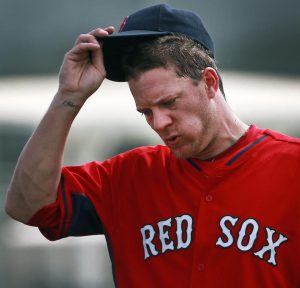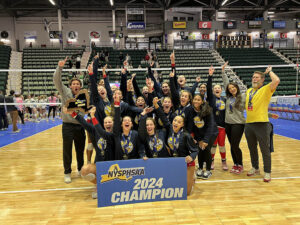Smokeless Tobacco Strikes Out

Chewing tobacco is one of the oldest methods of consuming tobacco. It goes as far back as before the arrival of the Europeans, and it is still used today. Soon after the creation of baseball in 1845, players and coaches alike consumed tobacco like it was candy. Furthermore, since the turn of the 21st century, dipping tobacco has taken root, and has now become more mainstream. It is, and has been, a staple of baseball and is as classic as a hot dog or a foul ball. However, the health risks of this habit are abundantly clear. Possible side effects of chewing tobacco include, but are not limited to an increased chance of lung cancer, emphysema, and chronic bronchitis. In this new age, where safety is prioritized, the MLB has decided to step in and put an end to dipping tobacco for players and spectators alike.
Cities are already jumping on board with San Francisco, Boston, and Los Angeles–each enacting laws that ban smokeless tobacco in the big-league ball parks and other sports venues at the start of this season. The city councils of New York and Chicago have also signed the ban, paving the way for other states to do the same. Signs will be posted all over in places such as bathrooms, dugouts, and radio broadcast booths. With a new major law like this, it will take time for the ban to take full effect. Only about one-third of the thirty stadiums are expected to have the ban in place by the end of next year. Matthew Myers, president of the Campaign for Tobacco for Tobacco-Free kids, said “Our national pastime should be about promoting a healthy and active life-style, not a deadly and addictive product.” This is especially important because this is a clearly detrimental habit for kids at any level of the sport.
Unfortunately, every decision is followed by controversy and critics. Players and people against these new rules are pointing the fact that it is a violation of personal rights. In their opinion, the baseball players that chew tobacco are grown men that have access to all the necessary knowledge to make an informed decision, and they should be allowed to use it despite the risks. Another criticism of the law stems from the fact that if a player is using the product, it is not physically hurting anyone else. Unlike secondhand smoke, there are no harmful effects to anyone around a person that is chewing tobacco. This nation is built on the premise that people have certain freedoms and, for many people, it is a violation of those freedoms for an institution to take away the players’ rights to make a decision. Cubs manager Joe Madden is not in favor of the ban, telling the Washington Post that he does not support “over-legislating the human race.” On the other end of the spectrum, players feel that it gives them the motivation to quit and is a beneficial move to everyone.
The Major League Baseball Players Association (MLBPA), which provide players with formal representation, foiled the League’s attempt to get this ban passed back in 2011. At that time, players seemed to agree that due to the legality of the product, it was not appropriate to ban it. Now, five years later, the same debate has arisen, and the MLBPA is taking the same stance. However, they are working with the MLB towards treatment and education programs for the players. This will allow players outlets to help them get over their addiction if they have one.
The biggest question about this ban is regarding how it will be enforced. Reports indicate that owners and operators of sports venues for first time offenders would result in a $250 fine, while a second infraction would cost $500. A third within the year would cost up to $2500 and would lead to a 60 day suspension or revocation of their permits to hold sporting events. However, it is likely that these fines will not be sufficient as they would not put even a dent in the salary of the players. Furthermore, there is not going to be a police force that’s dedicated to catching players that are using it. So far, nothing has been proposed by the MLB to solve those problems. If a police official does catch a player chewing tobacco, they have been instructed to write a citation. Regardless of police involvement, though, in a city where baseball players are revered as celebrities, the new punishments are not serious enough to create a change. If players are going to follow the ban, then there would need to be much larger consequences for breaking it.
Change is always hard. No matter what people say, the consequences of the use of the smokeless tobacco are apparent, and put the players in immediate danger. The cities and the MLB are trying to protect the players health, rather than take away their rights. It is time that, as a nation, we begin to focus more on the image that our role models are creating, as they affect the perceptions of generations to come.








